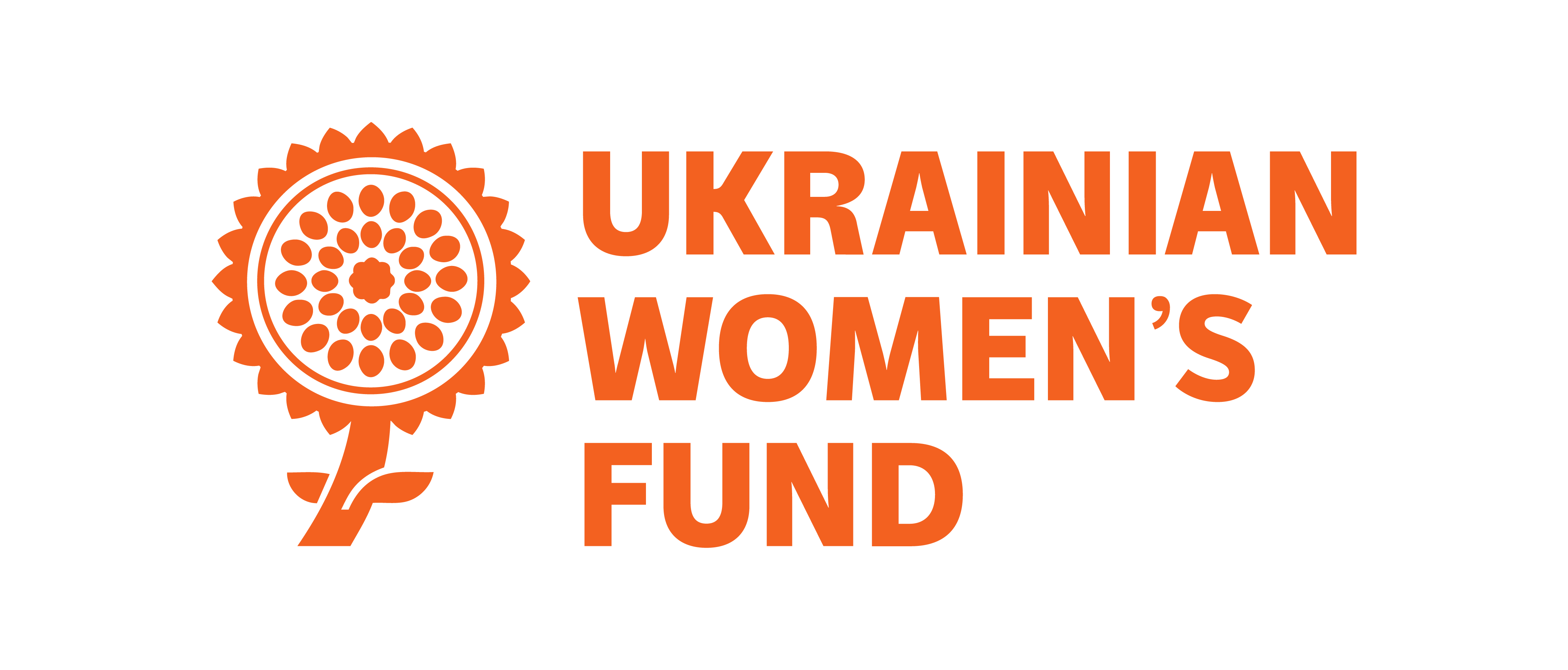“Gender equality is a vital component of proper representation in decision-making,” says Kseniia Alekankina, leader of the Reforms Index project at VoxUkraine analytical centre.
In 2023, Kseniia Alekankina visited the European Institute for Gender Equality in Lithuania during an experience exchange visit.
The visit was organised by the Lithuanian partner, the Centre for Equality Advancement (CEA), within the framework of the project “Network of gender think tanks: capacity development for advanced policy design, impact assessment, strategic advocacy, and specialised policy communications”, implemented by the Ukrainian Women’s Fund with the support of the European Union.
“In addition to familiarizing with the methodology for calculating the Gender Equality Index, the visits to ministries and the municipality were particularly valuable. In Lithuania, for instance, the municipality funds services for survivors of violence that are provided by private hostels. This model of public–private partnership reduces the burden on the state and supports employment. Such an approach could be highly effective in Ukraine as well,” says Kseniia Alekankina. “Another example is voluntary gender audits for businesses. Companies submit applications on their own initiative, undergo an audit on compliance with equality principles, the results are published and people know that these businesses are really responsible. The demand is so high that the auditors struggle to process all the applications.”
Information from the study visit proved valuable in planning the research whose results were incorporated into Ukraine’s Gender Equality Index.
Experts from VoxUkraine joined the working group of the Ukrainian Women’s Fund, the State Statistics Service, and the M.V. Ptukha Institute for Demography and Social Studies of the National Academy of Sciences of Ukraine, which was responsible for data collection and adaptation of the European methodology to the Ukrainian context. VoxUkraine experts provided data collection and calculation for the share of women in company leadership. EIGE experts were also consulted to adapt the methodology for Ukraine.
 “We were looking for one of the Gender Equality Index indicators – the ratio of women to men in company leadership,” says analyst Oleg Ivanov. “We started by identifying a list of the top 100 Ukrainian companies by turnover and then attempted to gather information about their leadership structures — executive boards, supervisory boards, and department heads. The team encountered a lack of publicly available data, and government institutions — such as the State Statistics Service or the Financial Reporting Collection Centre — do not maintain records disaggregated by gender. Out of the first 50 companies we contacted, only 10 responded. The rest either remained silent or stated that they were not obligated to provide such information,” says analyst Oleh Ivanov. “So, we moved on to manual data collection — reviewing company websites and analyzing financial reports. In the end, we gathered data on forty-eight companies, which turned out to be sufficient for analysis. In EU countries, similar samples typically rely on data from 20 to 30 companies.”
“We were looking for one of the Gender Equality Index indicators – the ratio of women to men in company leadership,” says analyst Oleg Ivanov. “We started by identifying a list of the top 100 Ukrainian companies by turnover and then attempted to gather information about their leadership structures — executive boards, supervisory boards, and department heads. The team encountered a lack of publicly available data, and government institutions — such as the State Statistics Service or the Financial Reporting Collection Centre — do not maintain records disaggregated by gender. Out of the first 50 companies we contacted, only 10 responded. The rest either remained silent or stated that they were not obligated to provide such information,” says analyst Oleh Ivanov. “So, we moved on to manual data collection — reviewing company websites and analyzing financial reports. In the end, we gathered data on forty-eight companies, which turned out to be sufficient for analysis. In EU countries, similar samples typically rely on data from 20 to 30 companies.”
According to the Index, women hold 34% of senior positions in the European Union. Compared to 2013, the number of women on the boards of European companies has nearly tripled. In Ukrainian companies, only 21.3% of leadership positions are held by women. In thirteen companies, women are not represented in leadership at all. These figures are lower than the EU average, but higher than in some countries such as Estonia, Cyprus, Hungary, and Romania.
The European Union already has a Directive on gender balance in corporate boards, which sets a target of 40% of the underrepresented sex among non-executive directors. This approach not only combats stereotypes surrounding the appointment of women to senior positions but also brings benefits to business. For example, according to a study “Women in the Workplace 2020“, companies with the highest level of gender diversity report, on average, 28% higher profitability compared to their competitors.
Ukraine is also gradually moving in this direction: an analysis of draft legislation shows that proposals for a mandatory share of women in company management are already emerging.
“At VoxUkraine, we analyze draft laws and came across some documents that propose introducing gender quotas. One of the latest proposes making such a quota mandatory in state institutions, state-owned companies, and companies in which the state holds more than a 50% stake. Policymakers are aware of the relevant European requirements and are trying to implement them,” says analyst Oleg Ivanov.
According to Kseniia Alekankina, leader of the Reforms Index project at VoxUkraine analytical centre, gender balance is also critically important in areas where societal representation should be reflected.
“For me, the issue of equal representation is not just about formal equality. Communities are home to people of different ages, genders, and social status, and they should be represented in decision-making bodies. Otherwise, policy is not formed for everyone – for example, for a Kyivan with a car, but not for an elderly person with a bicycle in the village,” concludes Ksenia.
The study of gender balance among board members of the largest publicly listed companies, members of supervisory boards or boards of directors conducted by VoxUkraine is the first study in Ukraine assessing the country’s readiness to implement the EU Directive on gender balance in company leadership.
The study is available on the VoxUkraine website: https://voxukraine.org/kvotuvannya-chy-m-yaki-zahody-shho-obyraye-ukrayina-shhob-zbilshyty-chyslo-zhinok-u-naglyadovyh-radah
The material was produced in framework of the Action “Network of gender think tanks: capacity development for advanced policy design, impact assessment, strategic advocacy, and specialized policy communications” implemented by the Ukrainian Women’s Fund with the support of the European Union. Contents of the publication are the sole responsibility of UWF.

